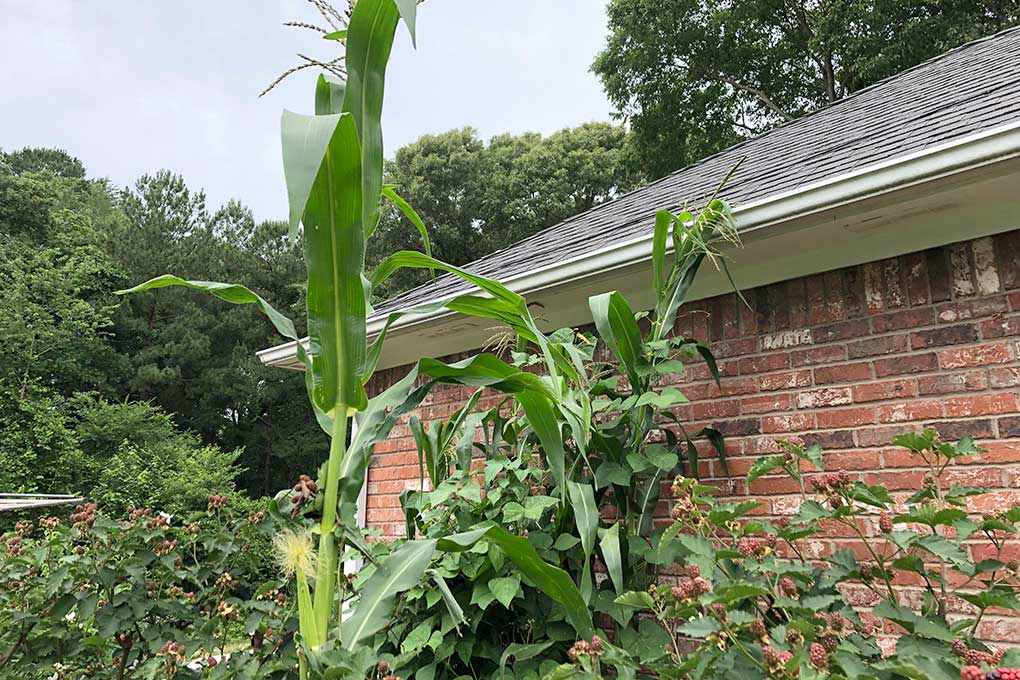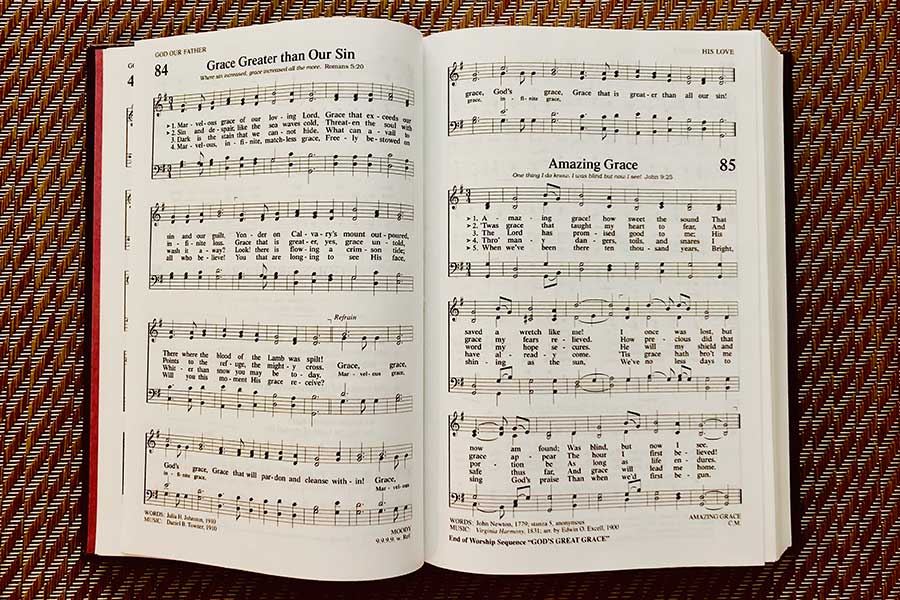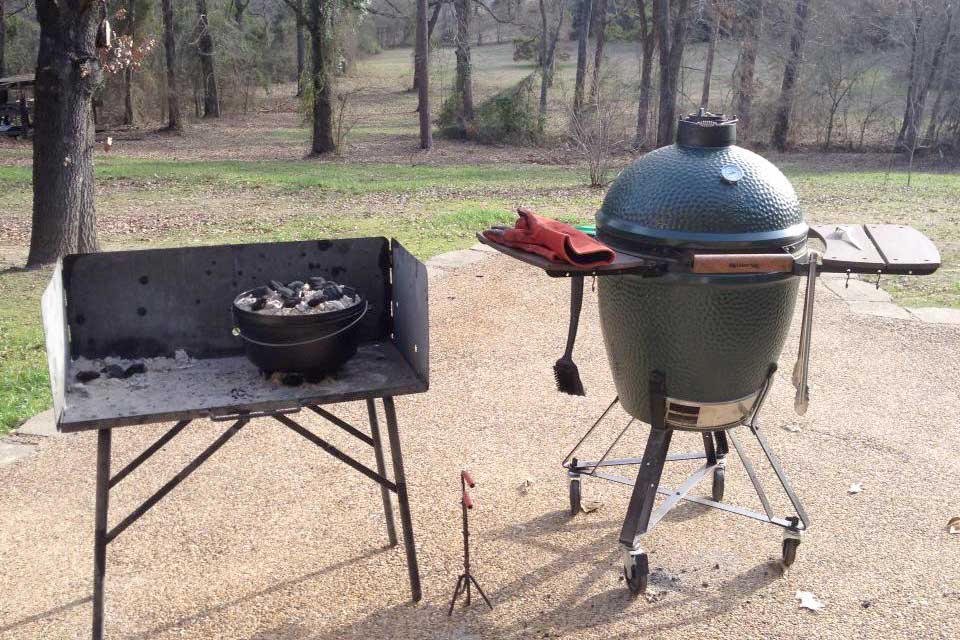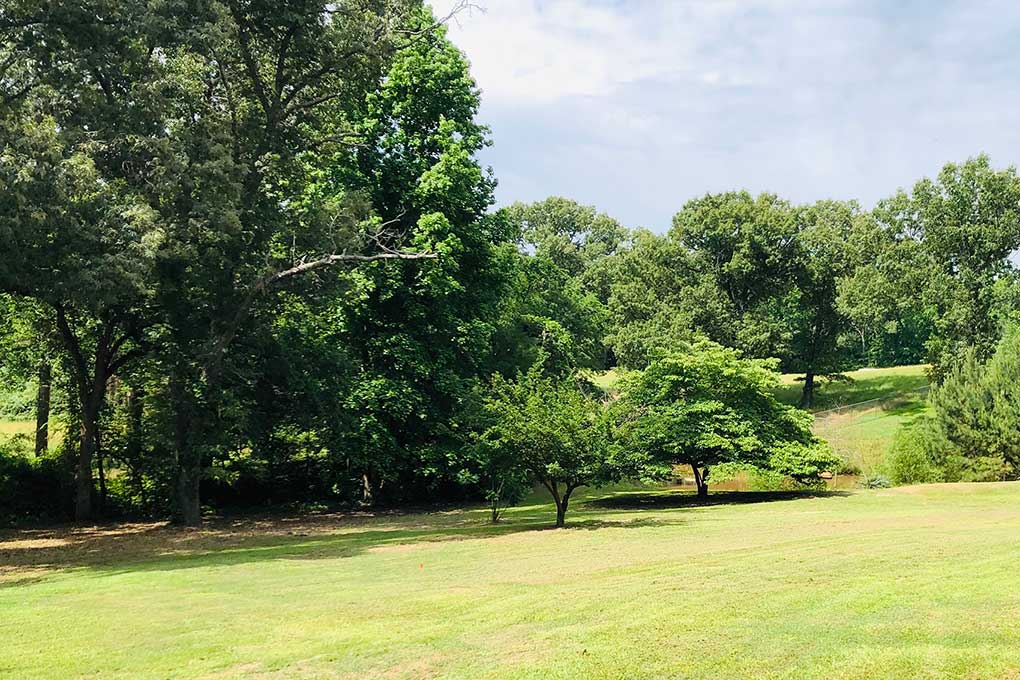To me, it was a thunderclap. Years ago, when I was in Congress, we were in the midst of a tense, contentious debate. Members had gotten irritated, levying charges back and forth, and tempers were rising. It was starting to look like we might just go off the rails. Then one member stood up, asked for our attention, and said to us, “Let’s remember: trust is the coin of the realm.”
His statement at that moment hit me broadside: If we were to have any hope of progress, we had to have some faith in one another — even our opponents. Apparently, other members of Congress came to that same realization. The debate got back on track, with less acrimony and mean-spiritedness.
It was a lesson I’ve never forgotten. Our system rests on all sorts of values: open-mindedness, an informed citizenry, honesty, civility, competence. But at its heart, representative democracy is about how we resolve our differences in order to move the country forward, and if the parties lack trust, then it becomes hugely more difficult to do so. In many ways, trust is at the center of this democratic experiment.
A representative democracy
rests on a straightforward premise: Because nothing gets done without others,
whether in our communities or our legislatures or in Congress, you have to have
confidence in people and believe that they will do what they say they will do.
Without that trust, you simply can’t engage productively in negotiations,
compromise, debate, and all the mechanisms we use to resolve differences in our
society.
As the country has grown bigger, more complex, and more diverse in all sorts of
ways, and as the changing media world has given us all our own echo chambers
and undermined the shared sources of information on which we once relied,
resolving conflict has become much tougher. When we don’t trust one another —
or don’t trust one another’s facts — reaching agreement and drafting laws
becomes infinitely more difficult. Governing becomes fraught with complexity,
as efforts to implement and enforce laws, regulations, and standards come under
constant fire. The result is that often, cynicism, suspicion, and lack of
confidence in the system hamstring our democracy.
To be sure, it’s pretty much impossible to deal with people you don’t know well without wondering about their integrity, honesty, and motivations. It’s what you’ve got to work through when you’re trying to resolve differences. Healthy skepticism about adversaries is natural and appropriate, but you can’t let it override everything and bring progress to a screeching halt.
Both nationally and internationally, we manage this by striving to tie things down: by law, by regulation, by treaty, and above all by verification. Nonetheless, some measure of trust is required. And when it’s missing…. Well, I would argue that one reason our government no longer works as well as it once did and should now, is that our trust in one another has diminished.
So what can we do about this? In the end, I believe that building — or rebuilding — trust is both a human and a systems issue. On the large scale, government has to be effective at meeting the needs of citizens, delivering the goods, services, and protections that people expect. But I also think it’s vital that elected officials — especially of opposing parties — spend time with one another, learning to see one another as human beings who all, regardless of party, care deeply about the country. Similarly, the more ordinary people participate regularly in organizations, political parties, and even ad hoc efforts to improve their communities and states, the more likely they are to learn the fundamental importance of trust. In short, the more interaction you have with others, even with your adversaries, the more common ground you can find, and the more confidence you can have in them — and the more likely you can move forward.
The fact is: In a system that depends on negotiation, compromise, and cooperation to achieve our goals, finding ways to build trust is essential. Without it, our democracy simply won’t work.
For more stories like this, see the Jan. 15 issue or subscribe online.
By Lee Hamilton • Director of the Center on Congress
















0 Comments